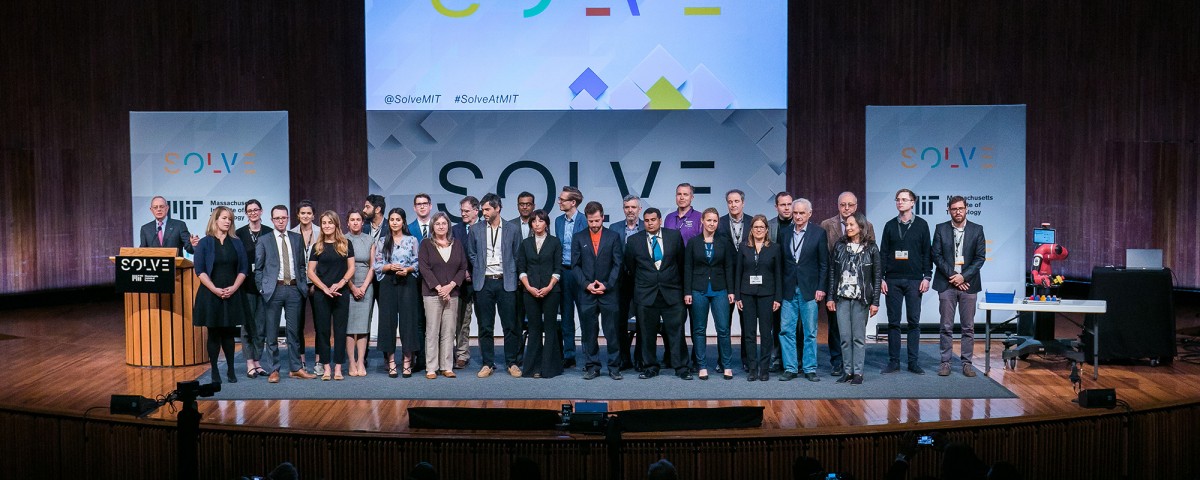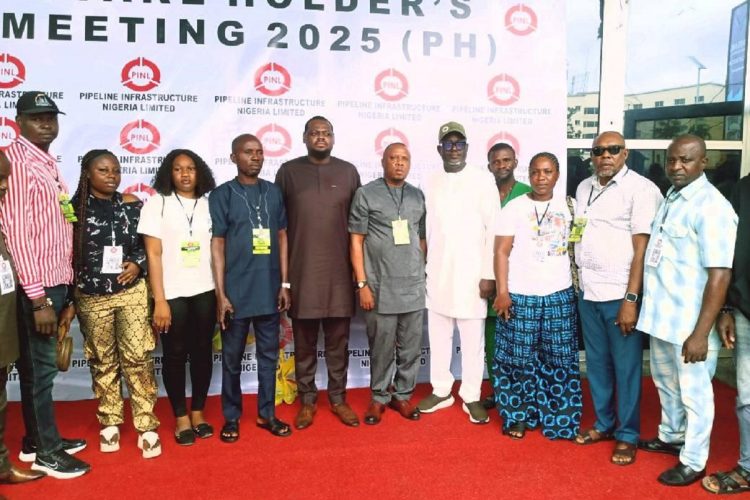
Niger Delta Quarterly Conflict Trends — 1st Quarter 2018
May 15, 2018
Ebenezar Wikina: What I Learned from Lecturing (Part II)
May 18, 2018
Foundation for Partnership Initiatives in the Niger Delta (PIND) is excited to announce that their Executive Director, Dara Akala, will join 13 other global development leaders on the judging panel for the Massachusetts Institute of Technology’s (MIT) 2018 Solve Challenge. One of this year’s challenges focuses on proffering solutions for coastal communities to mitigate and adapt to climate change as they develop and prosper.
This is an exciting opportunity as PIND’s work in the Niger Delta – a region with loads of hard to reach and under-served coastal communities – aims to facilitate equitable economic development and sustainable peace in the region.
What is the MIT Solve Initiative?
Solve identifies and supports lasting solutions to the world’s most pressing challenges. Solve is a community that brings together business leaders, policymakers, researchers, social entrepreneurs, and other change agents to find and implement solutions to specific, actionable challenges around learning, health, sustainability, and economic prosperity. Solve is a global community that connects innovators (our annual Solver class) and members to create impactful partnerships. Solve hosts two major events each year – Solve at MIT in May and the Solve Challenge Finals in September – along with a range of smaller activities to help design the challenges, build a coalition, and refine solutions.
About the Coastal Communities Challenge
Over 30% of humanity lives near coasts, ranging from massive cities to key ports and naval bases to small islands. Climate change’s effects – including rising sea levels, stronger storms, ocean warming and acidification – are causing increasing negative impacts on these communities’ lives and livelihoods. While facing numerous impacts, coastal communities from Puerto Rico to Dhaka also have the potential to demonstrate resilient and sustainable ways of living near and with the ocean. To address this challenge, Solve is seeking solutions to the question, ‘How can coastal communities develop and prosper while mitigating and adapting to climate change?’
For those working on coastal resilience, the Solve Challenge is a partnership with Resilience Innovations (RISE) in Norfolk, Virginia, to make data, mentorship, and access to a $1.2M investment fund available to eligible solutions focused on one of five problem areas.
ALSO READ: PIND shares success stories, unique model at Nigerian Industry Petroleum Summit 2018
Fish Feed Value Chain Analysis in the Niger Delta
The challenge calls for submission of solutions centered around increasing the viability and scale of sustainable economic activity from oceans, ranging from fishing to energy production to tourism; providing cost-effective infrastructure approaches to improve resilience in the face of increased storm-, sea-, and tidewater; rebuilding or replicating mangroves, corals, and other ecosystems to restore historic functions, including storm surge absorption, carbon uptake, and stable fisheries; and enabling coastal communities, governments, and corporations to use data to understand and make complex decisions around sustainable and resilient development.
Solve Staff will begin screening these submissions from July 1 to August 14, 2018. The top 50 solutions will then be sent to the panel of judges on July 20, 2018, after which the top 8 finalists will be present at the Solve Challenge Finals in New York City on September 23, 2018.
The panel, which PIND’s Executive Director, Dr. Dara Akala, is part of includes: Pina Albo, CEO, Hamilton Insurance Group; Hari Balasubramanian, Managing Partner, EcoAdvisors; Carolina Bastidas, Research Scientist, SeaGrant, MIT; Marci Bortman, Director of Conservation Programs, The Nature Conservancy; Kerry Emanuel, Professor, Department of Earth, Atmospheric, & Planetary Sciences, MIT; Aimee Gonzales, Executive Director, Partnerships in Environmental Management for the Seas of East; Nicole Hu, CTO, OneConcern; Atyia Martin, CEO & Founder, All Aces Inc.; Heidi Nepf, Professor, Department of Civil and Environmental Engineering, MIT; and Paul Robinson, Executive Director, RISE.
Do you have an idea? Submit it here before July 1.









